David R. Ferguson; Thomas J. Peters9780898715989, 0898715989
This collection of papers is a novel publication for SIAM. It is, first and foremost, a forum for leading industrial and government scientists and engineers to describe their work and what they hope to accomplish over the next decade. The goal is to focus the mathematical community on research that will both advance mathematics and provide immediate benefits to industry. So this is not a book on mathematics in the strictest sense. It is not organized around a single or even multiple mathematical disciplines. The papers contain few, if any, statements and proofs of theorems. Rather, they focus on describing the needs of industry and government and on highlighting mathematics that may play a role in providing solutions. The papers were elicited primarily from Mathematics for Industry: Challenges and Frontiers, a conference sponsored by SIAM in October, 2003. This conference was different from other SIAM conferences in that it was a forum for scientific experts from industry and government to meet with members of the mathematical community to discuss the visions they had for their industries and the obstacles they saw to reaching those goals. A distinctive feature of this work is its organization. The three sections: Industrial Problems; Mathematical Responses to Industrial Problems; and The Process of Mathematical Modeling, Practice, and Education offer a process view, always initiated by a practical problem, leading to the need for responsive mathematics both at the research and educational levels. All topics are tightly integrated with contemporary computing technology. Mathematical topics include splines, modeling, computational fluid dynamics, statistical model verification, and mathematics for design and simulation. Academic mathematicians who wish to broaden their view of industrial mathematics will find this book useful. Industrial mathematicians will find support for the increasing need to collaborate with academic mathematicians and scientists. Students who are, or are thinking of, pursuing a career in industrial or academic applied mathematics will find this book a rich source of material on the problems facing industry and will develop an understanding of the relationship between mathematics and industrial problems. Teachers of applied mathematics can use this book to augment standard teaching materials. |
Table of contents :
MATHEMATICS FOR INDUSTRY: CHALLENGES AND FRONTIERS, A PROCESS VIEW; PRACTICE AND THEORY……Page 1
CONTENTS……Page 8
Introduction……Page 10
Part I: Industrial Problems……Page 12
Paradigm-Shifting Capabilities for Army Transformation……Page 14
Computational Simulation in Aerospace Design……Page 33
LEAPS and Product Modeling……Page 54
3D Modelling of Material Property Variation for Computer Aided Design and Manufacture……Page 67
Part II: Mathematical Responses to Industrial Problems……Page 94
A Framework for Validation of Computer Models……Page 96
Numerical Investigation of the Validity of the Quasi-Static Approximation in the Modelling of Catalytic Converters*……Page 109
A Framework Linking Military Missions and Means……Page 126
Computational Topology for Geometric Design and Molecular Design……Page 134
Discretize then Optimize……Page 149
Transferring Analyses onto Different Meshes……Page 167
Bivariate Quadratic B-splines Used as Basis Functions for Collocation……Page 187
Part III: The Process of Mathematical Modeling, Practice & Education……Page 208
A Complex Systems Approach to Understanding the HIV/AIDS Epidemic……Page 209
A Combined Industrial/Academic Perspective on Fiber and Film Process Modeling *……Page 231
Helpful Hints for Establishing Professional Science Master’s Programs……Page 251
Author Index……Page 258 |
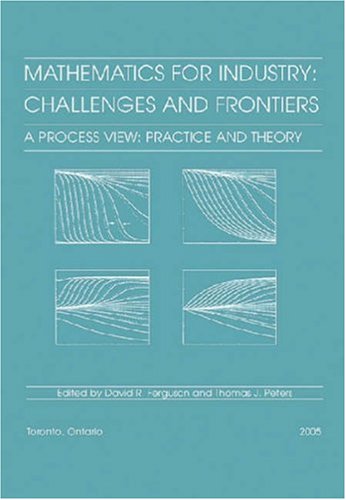
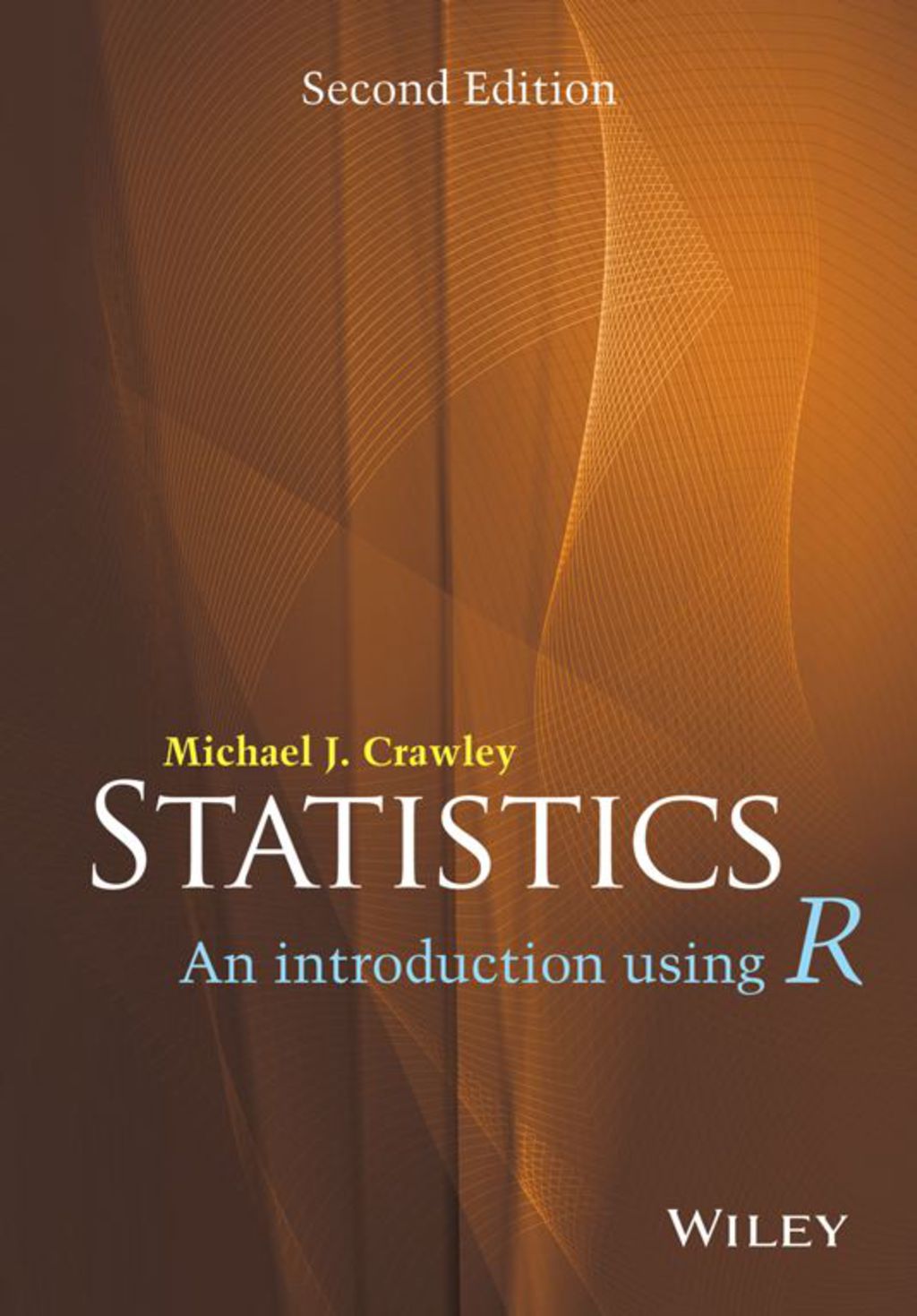
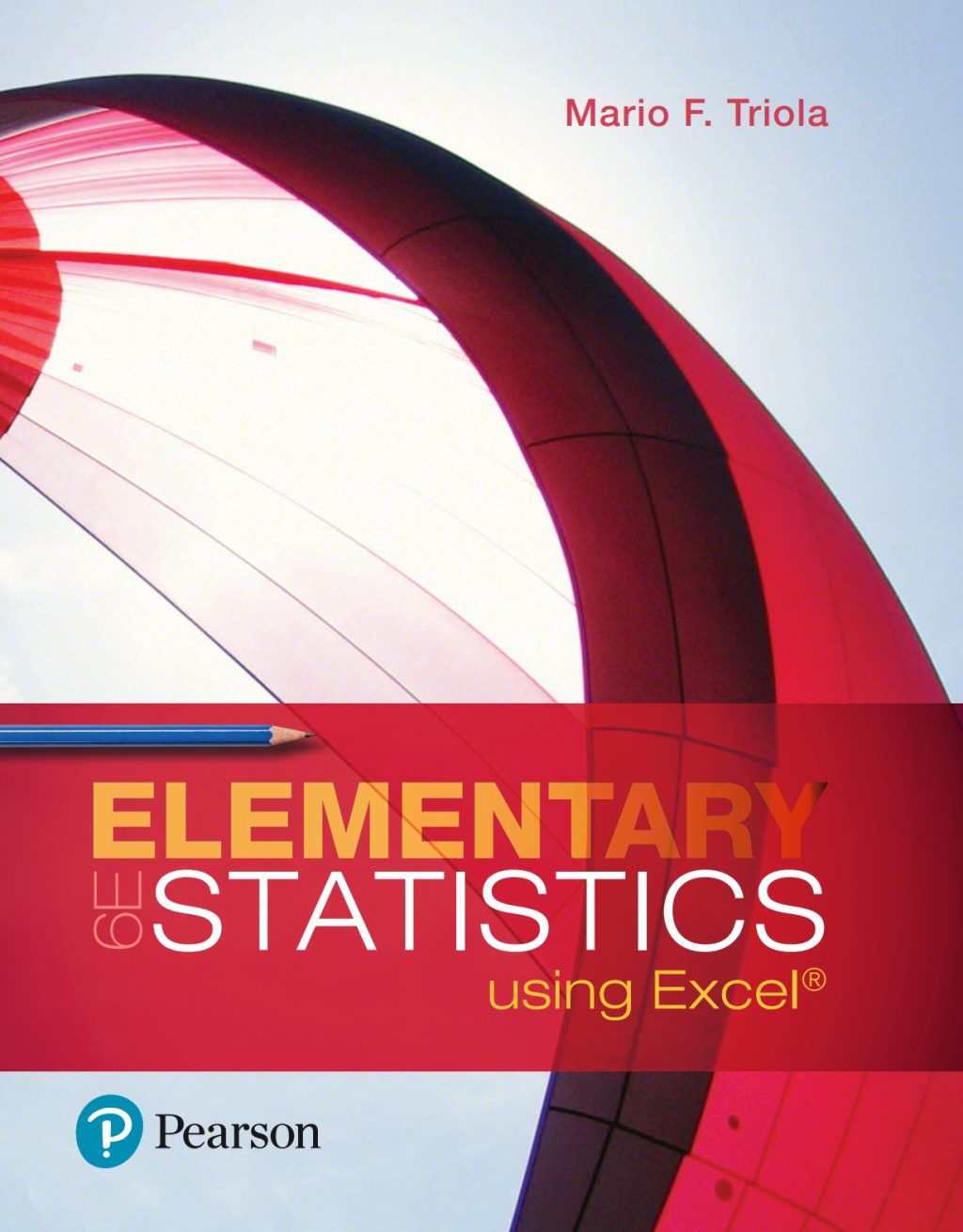

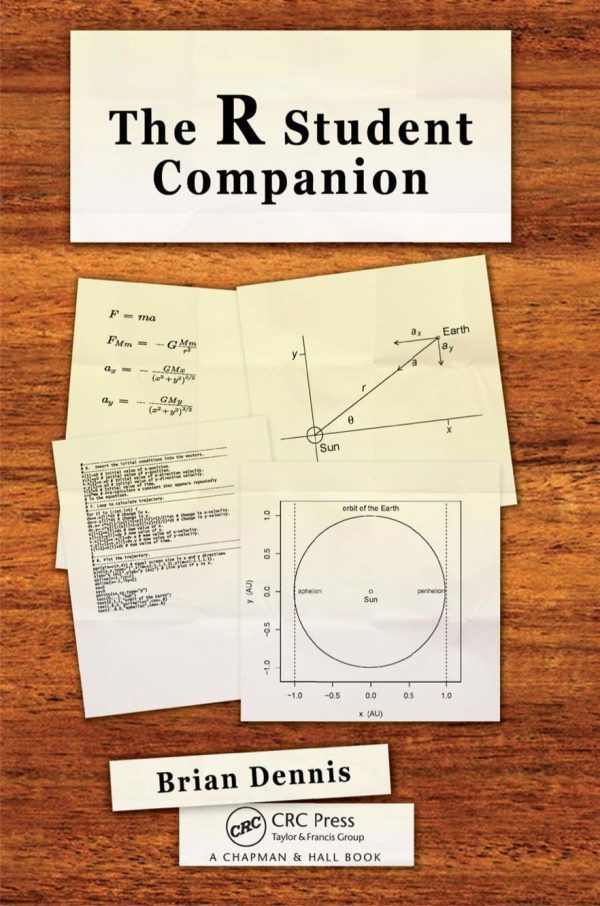
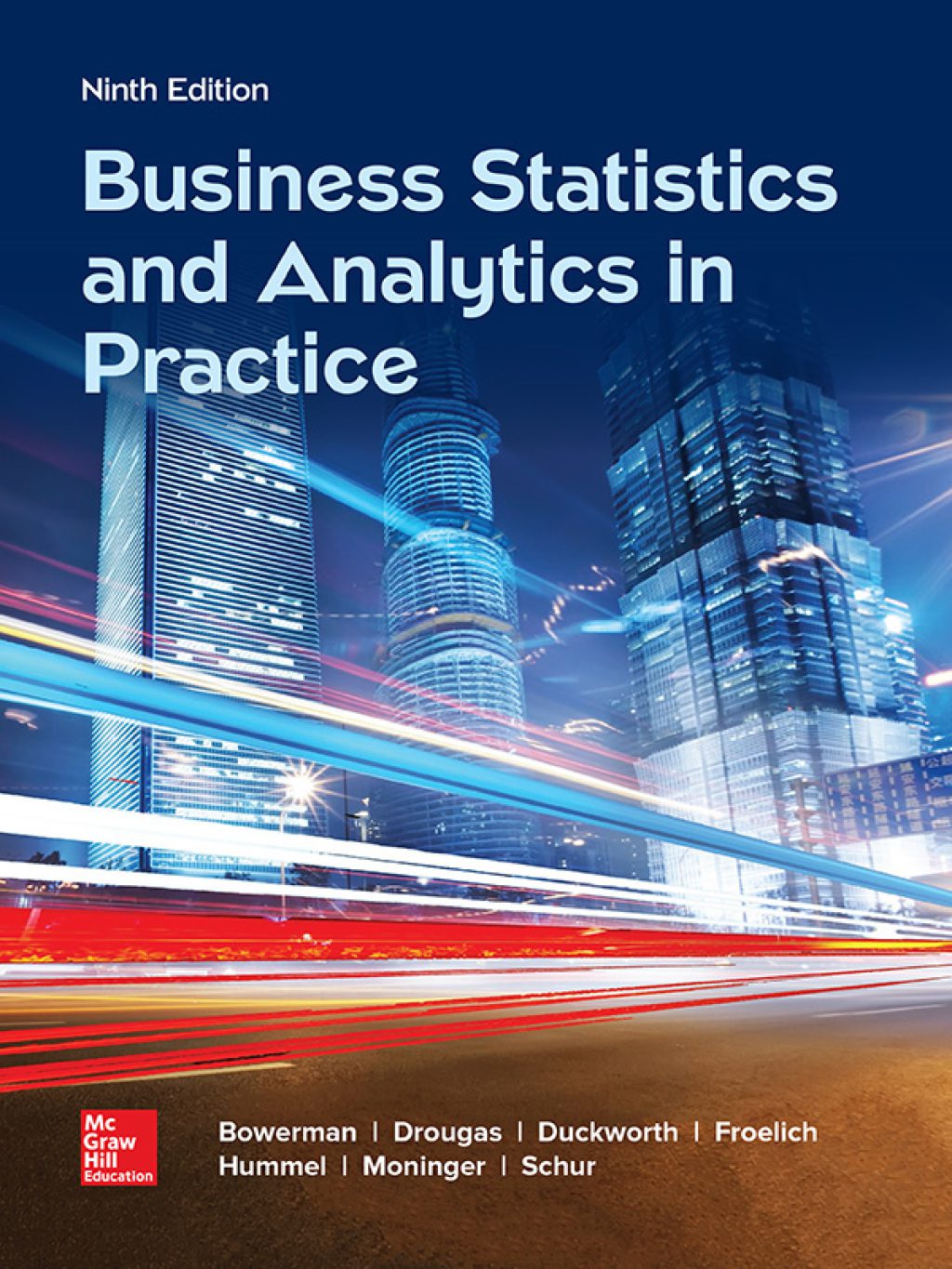
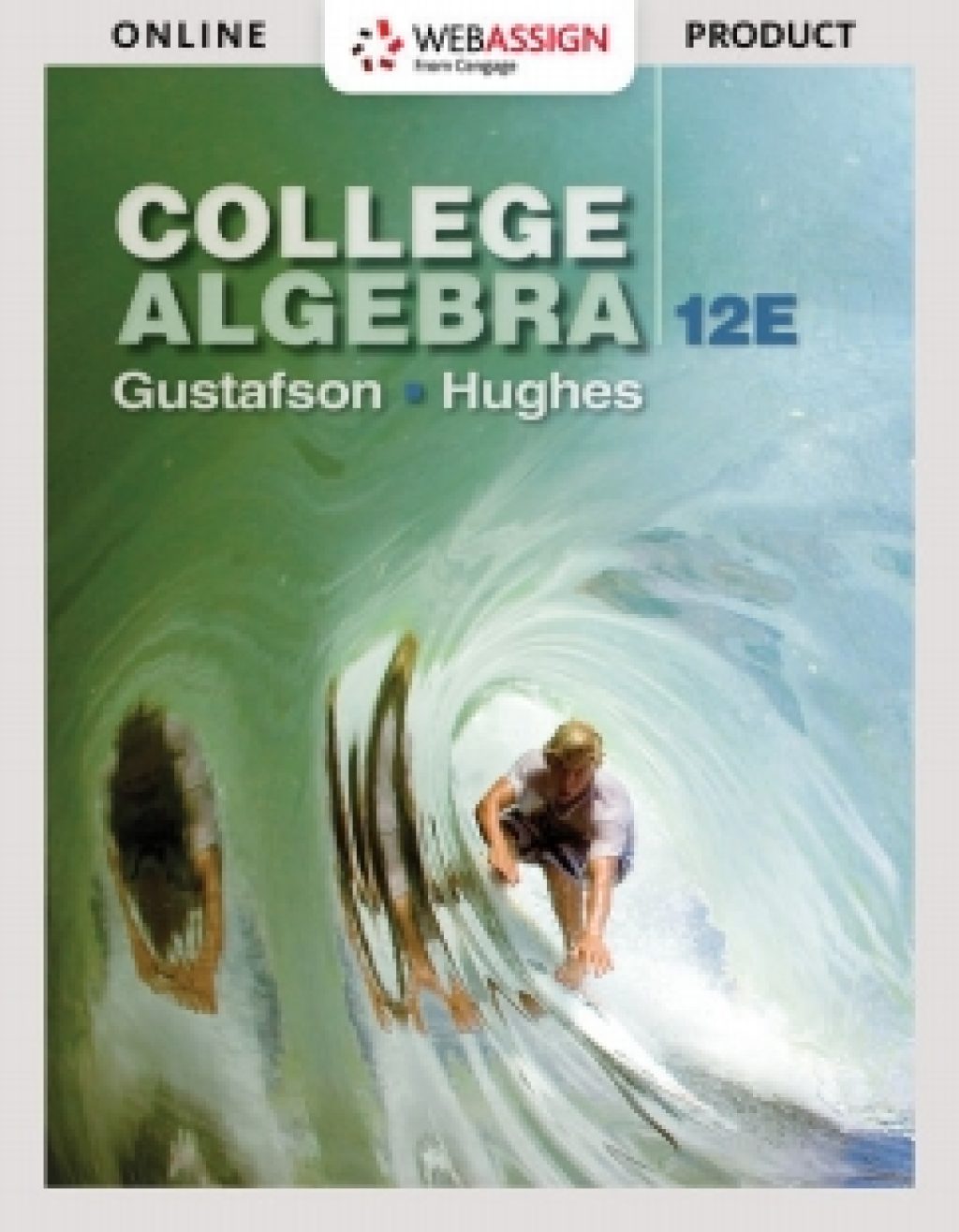
Reviews
There are no reviews yet.